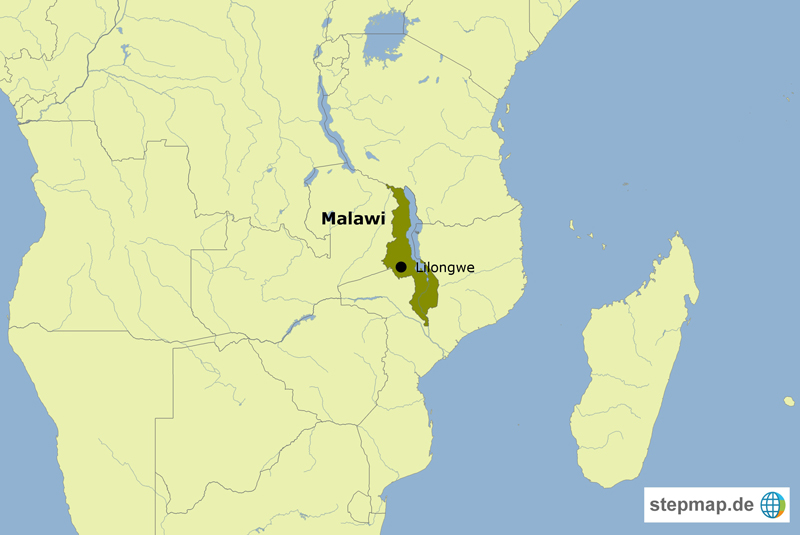Public health
Controversial campaign

HIV is a serious problem in Africa. But not everybody is happy with the suggestions about how to stop new infections. Circumcision, for instance, is known to reduce men's risk of HIV infection. Circumcision involves the medical removal of the fore-skin of the penis. In Malawi, the government launched the Voluntary Medical Male Circumcision programme (VMMC) in October 2011, with the aim of circumcising 2.1 million people by 2016.
The government estimates that 12 % of Malawi’s 13 million people are carrying the HI-Virus. Over 300,000 people are on free antiretroviral treatment, from up 5,000 in 2004.
The circumcision programme was introduced following the World Health Organisation (WHO) endorsement of the procedure as an HIV-prevention measure in 2007. However, implementation is proving difficult.
The Malawi Ministry of Health said that, by late 2012, only 15,000 males volunteered for circumcision – only 0.7 % of the target figure. According to Henry Chimbali, spokesman for the Ministry of Health, several factors contribute to the slow pace of the programme. He considers campaigning, communication and human resources important bottlenecks.
Other factors, such as religion, culture and traditional beliefs are also part of the problem. In Malawi, 80 % of the population are Christians. In general, their churches do not practise circumcision, whereas other religions, Islam and Judaism for instance, preach it as the norm. Many people who do not practice circumcision as part of their inherited belief system, find the idea hard to accept and think it somehow goes against their religion. Nor do men like the idea of surgery on their private parts.
The Catholic bishops of Malawi recommend male circumcision in order to help fight new infections. On the other hand, they oppose the use of condoms, a much safer way of preventing the spread of HIV.
In Malawi, circumcision is mainly practiced in the southern part of the country where there is a migrant labour population with a high HIV prevalence rate. The region accounts for about 70% of the country's HIV infections, according to ministry of health statistics.
The programme has its downsides, however. Researchers from the University of Malawi's College of Medicine found out that many men who took part in the VMMC programme later went on sex sprees, arguing that they could not catch the virus since they had been circumcised. In truth, circumcision reduces the infection rate by about 40 % or so, but does not prevent infections in every case. The scholars point out a lack of proper communication about these issues. It should be taken into account, they say, that about 45 % of Malawi’s population is illiterate.
In Malawi, there were 70,000 new HIV infections in 2011, according to the Ministry of Health. The number dropped to 50,000 in 2012 thanks to awareness raising and HIV testing. The government hopes the VMMC programme will help to further reduce infections, but so far its implementation has been too slow to have had much of an impact.










